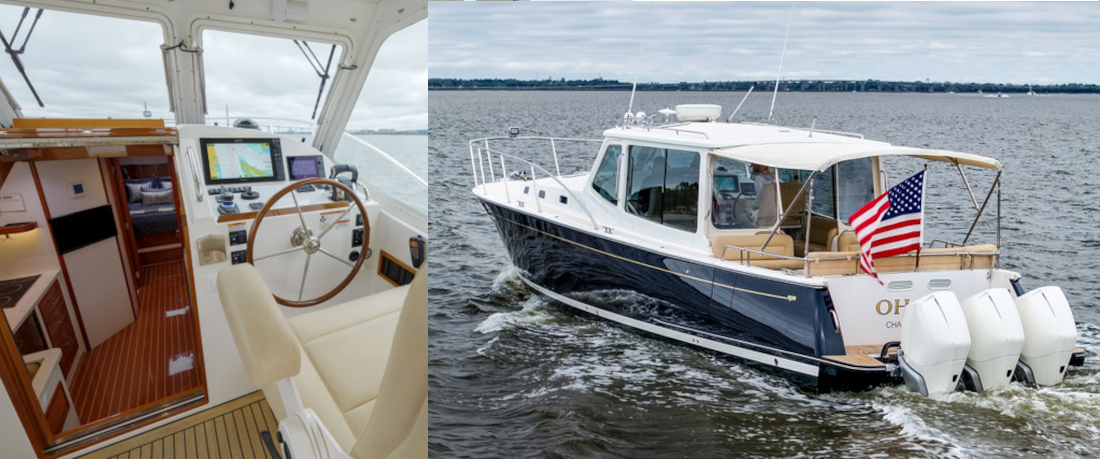 Featured boats for sale
Featured boats for sale
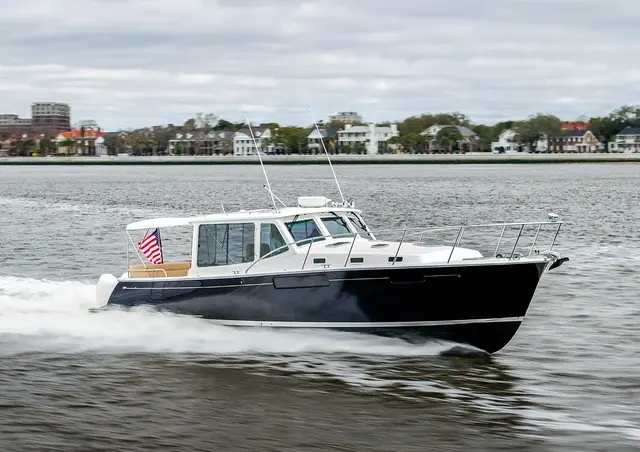
2022 MJM 43Z for sale
Luxury Being Corp
$1,295,000
United States of America
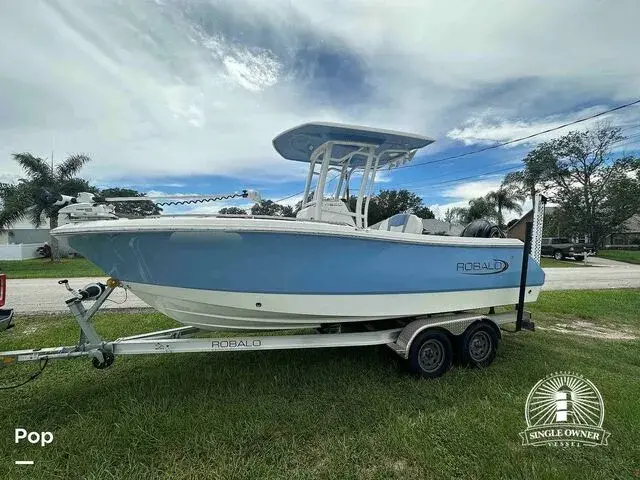
2022 Robalo R230 for sale
POP Sells
$99,000
United States of America
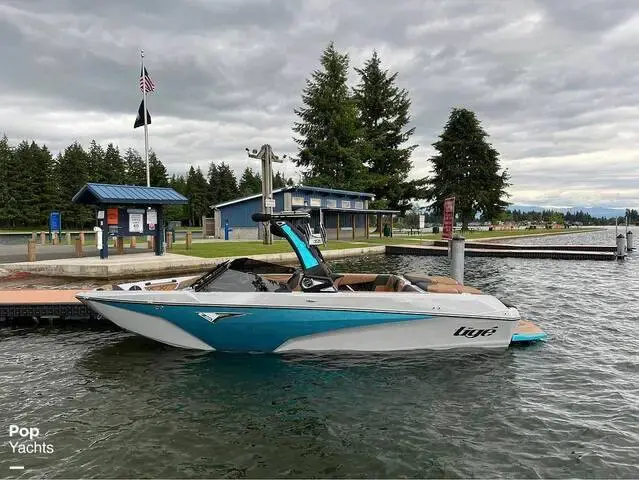
2022 Tige Z3 for sale
POP Sells
$159,000
United States of America

2003 Beneteau Farr 50 for sale
POP Sells
$150,000
United States of America
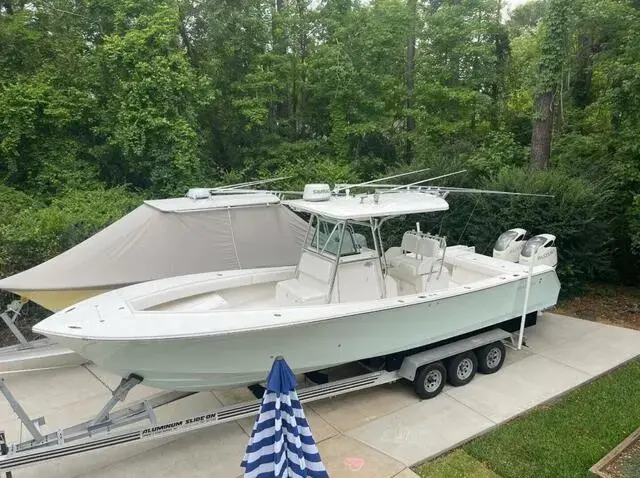
2008 Regulator Boats 32 for sale
26 North Yachts
$159,000
United States of America
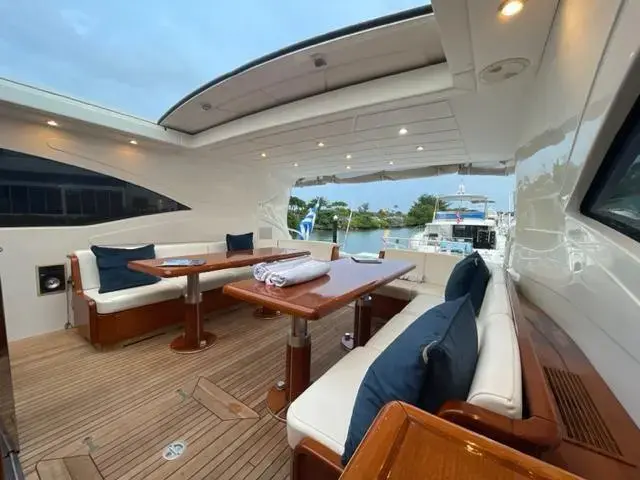
2007 Mangusta 72 Motor Yacht for sale
Majesty Yachts USA
$699,000
United States of America
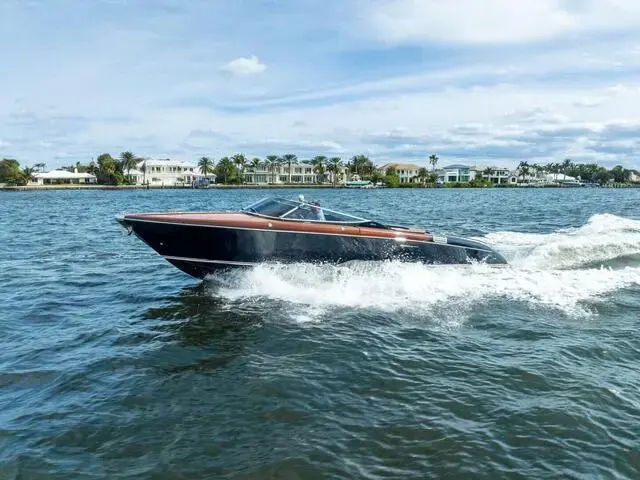
2015 Riva Aqua Super for sale
Allied Marine Brokerage and Charter
$399,000
United States of America
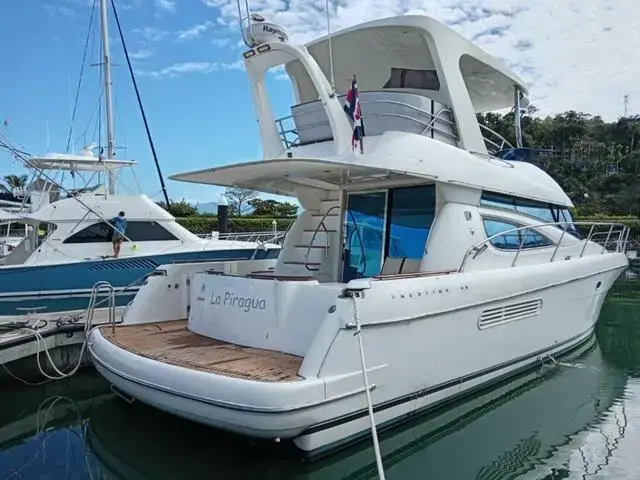
2006 Prestige 460 for sale
Ak Yachts
$340,000
United States of America
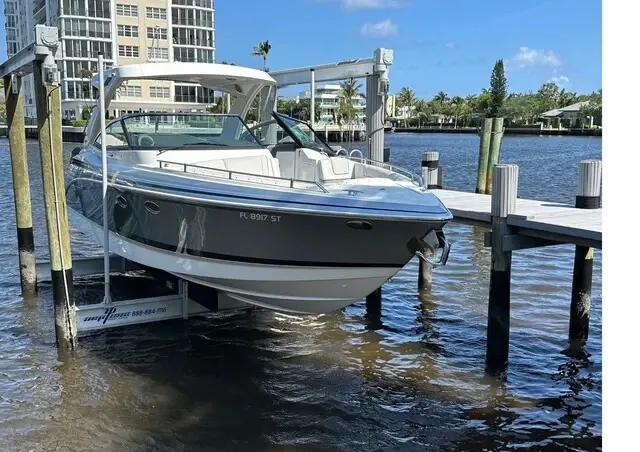
2020 Formula 330 Crossover Bow Rider for sale
Admiralty Yachts
$349,000
United States of America
Latest boats for sale near you
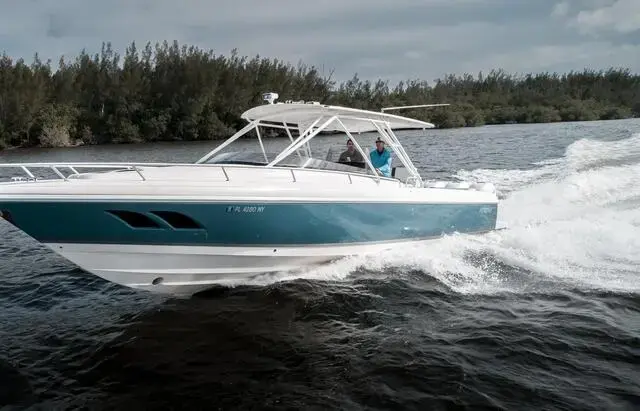
2010 Intrepid Boats 37' for sale
Denison Yacht Sales
$219,000
United States of America

2017 Azimut 84' for sale
Denison Yacht Sales
$2,790,000
United States of America
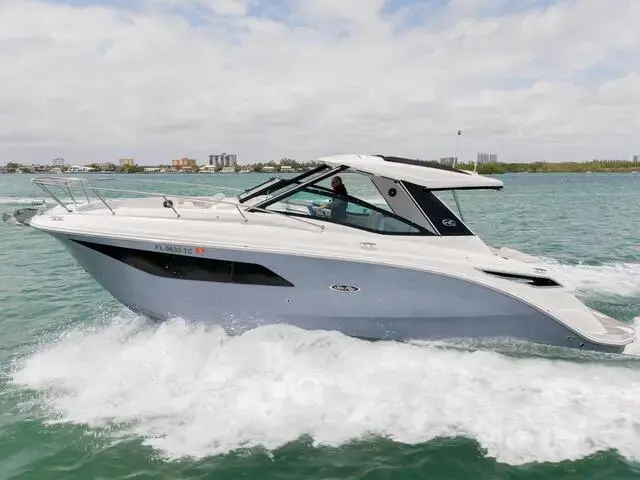
2022 Sea Ray 32' for sale
Denison Yacht Sales
$439,000
United States of America
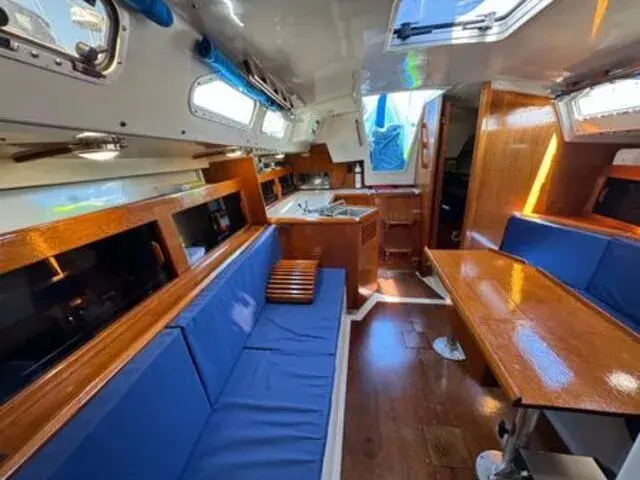
1989 Schock 34 PC for sale
Kam Yacht Sales
$31,500
United States of America
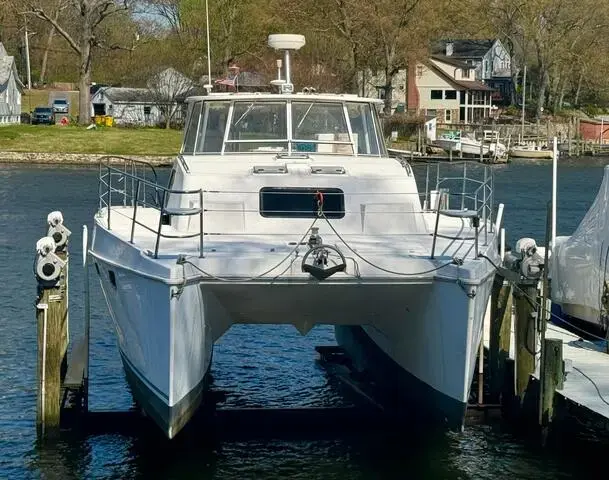
2003 Endeavour 44' for sale
Denison Yacht Sales
$239,000
United States of America

2018 Prestige 63' for sale
Denison Yacht Sales
$1,575,000
United States of America
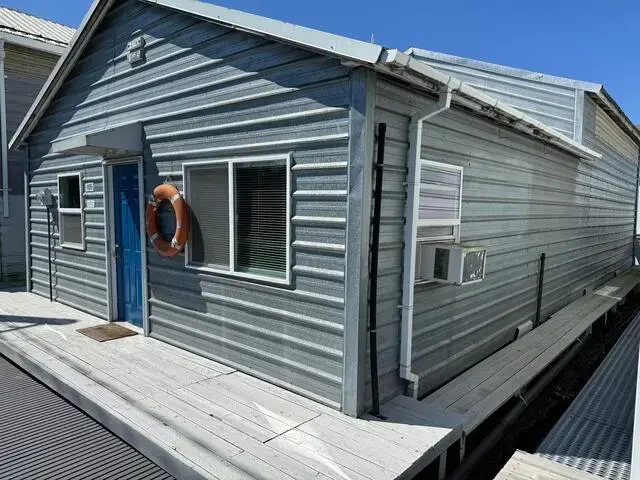
1967 Larson Boathouse for sale
W S Yacht Brokers LLC
$87,014
United States of America

2014 Lagoon 450 for sale
The Multihull Company
$475,000
United States of America
Latest articles and boat reviews
17 Top Boat Shows to Visit in the Year Ahead
With a packed schedule that spans the world’s greatest yachting capitals, there are plenty of sho...
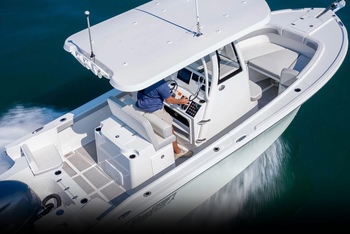
Best Small Center Console Boats Under 25 Feet
Small center console boats are among the most popular types of boats around, and these brands top...
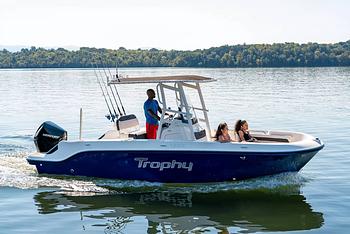
Best Cheap Fishing Boat Brands, Affordable to Cheapest of All
If your budget is a major concern, these relatively affordable fishing boats will hit the mark.
Why Owning a Le Boat Houseboat May Be Your Next Charter Choice
The Le Boat Ownership Program helps make boat ownership simple and worry free.
Rightboat.com - The right place to find the right boat
Are you looking to buy a boat and/or sell a boat? If so, you're in the right place. In RightBoat.com you will find a wide variety of new and used boats for sale -power boats, sailing boats, catamarans, sailing cruisers, yachts, inflatable boats and many more-. So whether you want to test the waters or you are looking for your next boat, do not miss the most popular boats for sale.
